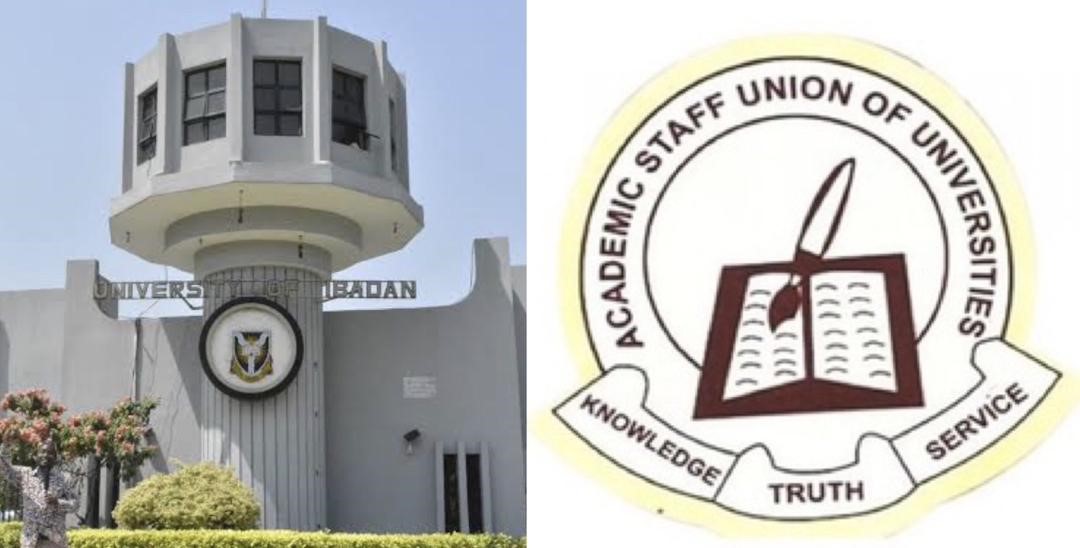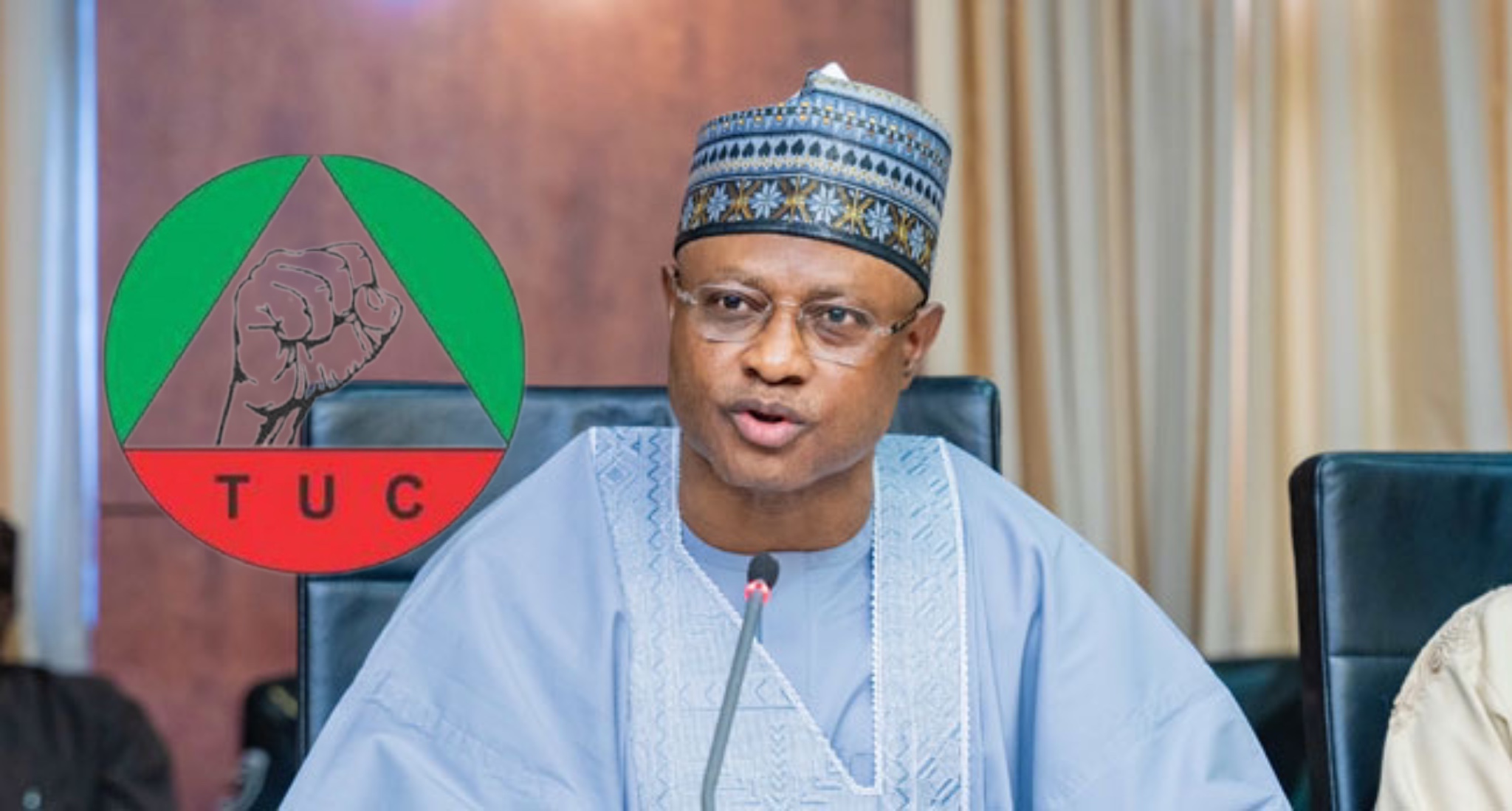
The University of Ibadan (UI) branch of the Academic Staff Union of Universities (ASUU) has reaffirmed its full participation in the ongoing two-week nationwide warning strike, declaring that it will not back down until the Federal Government fulfils the union’s longstanding demands.
Speaking in Ibadan on Tuesday, the ASUU UI Chairman, Dr. Adefemi Afolabi, said members of the chapter had fully complied with the industrial action.
“We have been carried along in meetings at the national level, and members are increasingly frustrated by the government’s slow handling of our issues,” Afolabi said.
He explained that although the Federal Government received the report of a committee established in September 2024 to review the 2016 agreement, it had yet to act on it — eight months after the report was submitted in February 2025.
“The union has made several attempts to reach out to influential stakeholders we believe the government listens to, but there has been no concrete response,” he added.
According to him, ASUU’s National Executive Council (NEC) met on 28 September, where it resolved to give the government a two-week ultimatum to sign the draft agreement before commencing the strike.
Afolabi dismissed the government’s ‘No Work, No Pay’ directive as an empty threat.
“The government has the power to sign the agreement and pay salaries. Unfortunately, its usual response is to threaten sanctions rather than resolve the underlying issues,” he said.
He stressed that ASUU’s intention was not to disrupt students’ education but to safeguard the sustainability of Nigeria’s public university system.
“Our desire is for students to complete their studies on time. We urge the government to act swiftly and end this recurring cycle of strikes,” he said.
Some students at the University of Ibadan expressed disappointment over the continued industrial actions.
Ayobami Lawal, a 300-level student, said the government’s attitude towards lecturers was unjust.
“When lecturers are well paid, they perform better and produce quality graduates who positively impact society,” he said.
Another student, Yetunde Adebayo, lamented that frequent strikes disrupt academic progress and delay graduation.
“Many of us struggled to gain admission, and now we are being delayed because of these strikes. The government should prioritise education as much as it does politics,” she said.
Meanwhile, the Federal Government has directed vice-chancellors of federal universities to enforce the ‘No Work, No Pay’ policy against striking ASUU members.
The directive, contained in a circular dated 13 October and signed by the Minister of Education, Dr. Tunji Alausa, was copied to relevant government agencies, including the Head of Service and the Accountant-General of the Federation.
The ministry expressed displeasure over ASUU’s decision to proceed with the strike despite calls for dialogue, warning that it would no longer tolerate violations of labour laws.
In response, ASUU accused the government of neglecting the university system and ignoring its demands despite numerous rallies and appeals.
“Both federal and state governments have shown a consistent pattern of paying little or no attention to the education sector and the welfare of university academics,” the union said in a statement following its NEC meeting.










